Grand Jury Subpoena Defense Attorney
Heath Hyde – Trusted Grand Jury Subpoena Defense Lawyer in Texas
Your Freedom Is Our Profession
EXPERIENCED & PROVEN
FEDERAL AND STATE CRIMINAL DEFENSE ATTORNEY
The Importance of Hiring an Experienced Attorney: Unraveling the Mystery of Grand Jury Subpoena with Attorney Heath Hyde
Are you facing a grand jury subpoena and feeling overwhelmed? Don’t worry, Attorney Heath Hyde is here to help unravel the mystery and guide you through the legal process. With his years of experience in criminal defense, Attorney Hyde understands the importance of hiring an experienced attorney to handle your case.
We will delve into the significance of having a knowledgeable attorney by your side when dealing with a grand jury subpoena. The grand jury process can be complex and intimidating, but Attorney Hyde has the expertise to navigate it effectively, ensuring that your rights are protected.
Through his extensive experience, Attorney Hyde has handled numerous cases involving grand jury subpoenas, providing his clients with unparalleled legal representation. He understands that every case is unique, and he tailors his approach to meet the specific needs and circumstances of each client.
If you are unsure about how to respond to a grand jury subpoena or if you need legal guidance during the proceedings, Attorney Heath Hyde is the attorney you can trust. With his expertise and commitment to his clients, he will help you navigate this challenging legal process and achieve the best possible outcome.
He has tried over 400 State & Federal Jury Trials and enjoys a 90% success rate.
The Role of an Experienced Attorney in Handling Grand Jury Subpoenas
An experienced attorney plays a crucial role in handling grand jury subpoenas. They act as your advocate and ensure that your rights are protected throughout the proceedings. Here are some key ways in which an attorney can assist you:
- Legal Guidance: An experienced attorney like Heath Hyde can provide you with the legal guidance you need when facing a grand jury subpoena. They can explain the implications of the subpoena and help you understand your options. They can also advise you on how to respond, whether it is in your best interest to comply, and what to expect during the grand jury proceedings.
- Investigation: Attorneys have the resources and expertise to conduct a thorough investigation into the circumstances surrounding the grand jury subpoena. They can gather evidence, interview witnesses, and analyze the prosecution’s case to build a strong defense strategy. This investigation is crucial in uncovering any weaknesses or inconsistencies in the government’s case.
- Negotiation: In some cases, an experienced attorney can negotiate with the prosecution to reach a favorable outcome without going to trial. They can present mitigating factors, challenge the evidence, or argue for reduced charges. Their negotiation skills can make a significant difference in the outcome of your case.
- Preparation: An attorney can help you prepare for your grand jury testimony, ensuring that you understand the questions that may be asked and how to answer them. They can also advise you on your rights during the proceedings and help alleviate any anxiety or stress associated with testifying.
- Representation: During the grand jury proceedings, an experienced attorney can represent you and protect your interests. They can object to improper questioning, challenge the admissibility of evidence, and ensure that your rights are respected throughout the process. Having an attorney by your side can give you peace of mind knowing that someone is fighting for you.
With their knowledge, experience, and dedication to their clients, attorneys like Heath Hyde are well-equipped to handle the complexities of grand jury subpoenas and provide you with the best possible legal representation.
The Importance of Hiring an Experienced Attorney
Hiring an experienced attorney is crucial when dealing with a grand jury subpoena. The consequences of not having proper legal representation can be severe. Here are some key reasons why hiring an experienced attorney is essential:
- Expertise in Grand Jury Proceedings: Grand jury proceedings are unique and different from regular criminal trials. They are secretive, often without the presence of the accused, and have different rules of evidence. An experienced attorney who specializes in grand jury cases understands these nuances and can navigate the proceedings effectively.
- Protection of Your Rights: When facing a grand jury subpoena, you have certain constitutional rights that must be protected. An experienced attorney can ensure that your rights are not violated during the process. They can challenge any unconstitutional or illegal actions by the government and work to secure the best possible outcome for you.
- Knowledge of Criminal Law: An experienced attorney like Heath Hyde has a deep understanding of criminal law. They can analyze the legality of the grand jury subpoena and the evidence presented against you. They can identify any potential defenses, constitutional violations, or weaknesses in the prosecution’s case. This knowledge is invaluable in building a strong defense strategy.
- Access to Resources: Attorneys have access to a network of experts, investigators, and resources that can strengthen your defense. They can consult with forensic experts, gather evidence, and interview witnesses to uncover crucial information for your case. These resources can make a significant difference in the outcome of your grand jury proceedings.
- Emotional Support: Dealing with a grand jury subpoena can be emotionally draining. Having an experienced attorney by your side can provide you with emotional support during this challenging time. They can offer reassurance, answer your questions, and guide you through the process with empathy and understanding.
The importance of hiring an experienced attorney cannot be overstated. They have the knowledge, skills, and resources to effectively handle your grand jury subpoena and protect your rights throughout the proceedings. With their expertise, you can have confidence in navigating the legal process and achieving the best possible outcome.
How an Experienced Attorney Can Navigate the Complexities of a Grand Jury Subpoena
Navigating a grand jury subpoena requires a deep understanding of the legal process and the ability to navigate its complexities. An experienced attorney like Heath Hyde has the expertise to effectively handle the intricacies involved. Here are some ways in which they can navigate the complexities of a grand jury subpoena:
Thorough Case Analysis
An experienced attorney will conduct a comprehensive analysis of your case, examining the evidence, witness statements, and any other relevant information. They will identify strengths and weaknesses in the government’s case and use this analysis to build a strong defense strategy.
Strategic Planning
With their knowledge of the grand jury process, an attorney can develop a strategic plan tailored to your specific case. They will consider the goals, risks, and potential outcomes, and devise a plan that maximizes your chances of success. This plan may include negotiating with the prosecution, challenging the evidence, or seeking to have the subpoena quashed.
Effective Communication
An attorney will act as a liaison between you and the prosecution, ensuring that your rights and interests are protected. They will communicate with the government on your behalf, answer any questions or concerns, and negotiate when necessary. Effective communication is essential in resolving any issues that may arise during the grand jury proceedings.
Expert Testimony
Attorneys have access to a network of experts who can provide specialized testimony to strengthen your defense. They can consult with forensic experts, medical professionals, or other relevant experts to challenge the prosecution’s evidence or provide alternative explanations. Expert testimony can be instrumental in casting doubt on the government’s case.
Trial Preparation
While most grand jury cases do not go to trial, an experienced attorney will always be prepared for the possibility. They will gather evidence, interview witnesses, and build a strong defense strategy that can be presented in court if necessary. This level of preparation ensures that you are ready for any scenario that may arise.
By navigating the complexities of a grand jury subpoena, an experienced attorney can increase your chances of a favorable outcome. Their knowledge, strategic planning, effective communication, and trial preparation are all essential in protecting your rights and achieving the best possible result.
Case Studies Showcasing the Impact of Hiring an Experienced Attorney
To illustrate the impact of hiring an experienced attorney in grand jury subpoena cases, let’s examine two case studies where Attorney Heath Hyde provided expert representation.
- Case Study 1:
In a high-profile case involving a grand jury subpoena, Attorney Hyde represented a client who was accused of financial fraud. The government had extensive evidence against the client, including bank records and witness statements. However, Attorney Hyde meticulously analyzed the evidence and identified inconsistencies that raised doubts about the government’s case. Through strategic negotiation and expert testimony, he was able to convince the prosecution to drop the charges, resulting in a favorable outcome for the client.
- Case Study 2:
In another case, Attorney Hyde represented a client who received a grand jury subpoena related to a drug trafficking investigation. The client was intimidated and unsure about how to respond. Attorney Hyde provided legal guidance, explaining the implications of the subpoena and advising the client on the best course of action. He conducted a thorough investigation, challenging the credibility of the government’s witnesses and uncovering exculpatory evidence. Through skillful negotiation and effective representation, he secured a reduced sentence for the client, avoiding a lengthy prison term.
These case studies demonstrate the significant impact an experienced attorney can have on the outcome of a grand jury subpoena case. Their expertise, strategic planning, negotiation skills, and dedication to their clients can make all the difference in achieving a favorable result.
Common Misconceptions About Grand Jury Subpoenas
There are several common misconceptions surrounding grand jury subpoenas. Understanding these misconceptions is crucial in ensuring that you make informed decisions when facing a grand jury subpoena. Here are some common misconceptions and the truths behind them:
- Misconception: Grand jury subpoenas are always a sign of guilt.
Truth: Grand jury subpoenas can be issued for various reasons and are not always an indication of guilt. They are often used to gather information and determine whether criminal charges should be filed. Innocent individuals can be subpoenaed to provide testimony or evidence to aid in the investigation.
- Misconception: You must comply with a grand jury subpoena regardless of the circumstances.
Truth: While grand jury subpoenas carry legal obligations, there may be circumstances where you can challenge or quash the subpoena. An experienced attorney can evaluate the validity of the subpoena and advise you on the best course of action.
- Misconception: Grand jury proceedings are like regular trials.
Truth: Grand jury proceedings are different from regular trials. They are secretive and typically involve only the prosecution and the grand jurors. The accused does not have the right to be present during the proceedings, and their attorney’s role is limited. Understanding these differences is important in navigating the grand jury process effectively.
- Misconception: Testifying before a grand jury means you will be found guilty.
Truth: Testifying before a grand jury does not mean you will be found guilty. It is an opportunity to present your side of the story, challenge the evidence, or provide information that may exonerate you. An experienced attorney can help you prepare for your testimony and ensure that your rights are protected during the proceedings.
By understanding these misconceptions, you can approach your grand jury subpoena with a clearer perspective. An experienced attorney can further clarify any concerns or questions you may have regarding the process.
Questions to Ask When Hiring an Attorney for Grand Jury Subpoena Representation
When hiring an attorney to represent you in a grand jury subpoena case, it is important to ask the right questions to ensure that they are the right fit for your needs. Here are some key questions to ask during the hiring process:
- How much experience do you have with grand jury subpoena cases?
It is essential to hire an attorney with extensive experience in handling grand jury subpoena cases. Ask about their track record, the number of cases they have handled, and the outcomes they have achieved. This will give you confidence in their ability to effectively represent you.
- What is your approach to handling grand jury subpoena cases?
Each attorney may have a different approach to handling grand jury subpoena cases. Ask how they typically handle these cases, how they gather evidence, and what strategies they employ. Their approach should align with your goals and priorities.
- How do you communicate with your clients during the process?
Effective communication is crucial when working with an attorney. Ask how they will keep you informed about the progress of your case, how often you can expect updates, and whether they will be available to answer your questions and address your concerns.
- What resources do you have access to that can benefit my case?
Attorneys have access to a network of resources that can strengthen your defense. Ask about the experts, investigators, or other professionals they work with and how they can benefit your case. This will give you insight into the level of support they can provide.
- What are the potential outcomes of my case, and what is your strategy for achieving a favorable outcome?
While no attorney can guarantee a specific outcome, they should be able to discuss potential scenarios and their strategy for achieving a favorable outcome. Ask about the risks, challenges, and potential outcomes of your case, and how they plan to navigate these factors.
By asking these questions, you can assess an attorney’s expertise, approach, and compatibility with your needs. This will help you make an informed decision when choosing the right attorney to represent you in your grand jury subpoena case.

The Benefits of Working with Attorney Heath Hyde
When facing a grand jury subpoena, working with an experienced attorney like Heath Hyde can provide you with numerous benefits. Here are some key reasons why Attorney Hyde is the right choice for your grand jury subpoena representation:
- Experience: Attorney Hyde has years of experience in criminal defense, with a specific focus on grand jury subpoena cases. He has successfully represented numerous clients, achieving favorable outcomes and protecting their rights throughout the process. His experience gives him a deep understanding of the complexities involved in grand jury proceedings.
- Knowledge: With his expertise in grand jury subpoena cases, Attorney Hyde has an in-depth knowledge of the legal process and the laws surrounding them. He keeps up-to-date with the latest developments in criminal law and uses this knowledge to build strong defense strategies for his clients.
- Dedication: Attorney Hyde is dedicated to providing personalized and attentive representation to each of his clients. He understands that every case is unique and tailors his approach to meet the specific needs and circumstances of his clients. His commitment to his clients’ well-being and success sets him apart.
- Resources: Attorney Hyde has access to a network of experts, investigators, and resources that can strengthen your defense. He collaborates with these professionals to gather evidence, challenge the government’s case, and build a strong defense strategy. This level of support can significantly impact the outcome of your case.
- Communication: Attorney Hyde believes in open and transparent communication with his clients. He keeps his clients informed about the progress of their case, answers their questions, and addresses their concerns promptly. He values the attorney-client relationship and ensures that his clients are actively involved in their defense.
By working with Attorney Heath Hyde, you can benefit from his experience, knowledge, dedication, resources, and effective communication. His expertise in grand jury subpoena cases makes him the ideal attorney to guide you through this complex legal process and help you achieve the best possible outcome.
Types Of Federal Investigations We Can Help You With
ATF Investigation
Protecting Your Rights: Unveiling the Role of a Bureau of Alcohol, Tobacco, Firearms and Explosives Investigation Defense Attorney
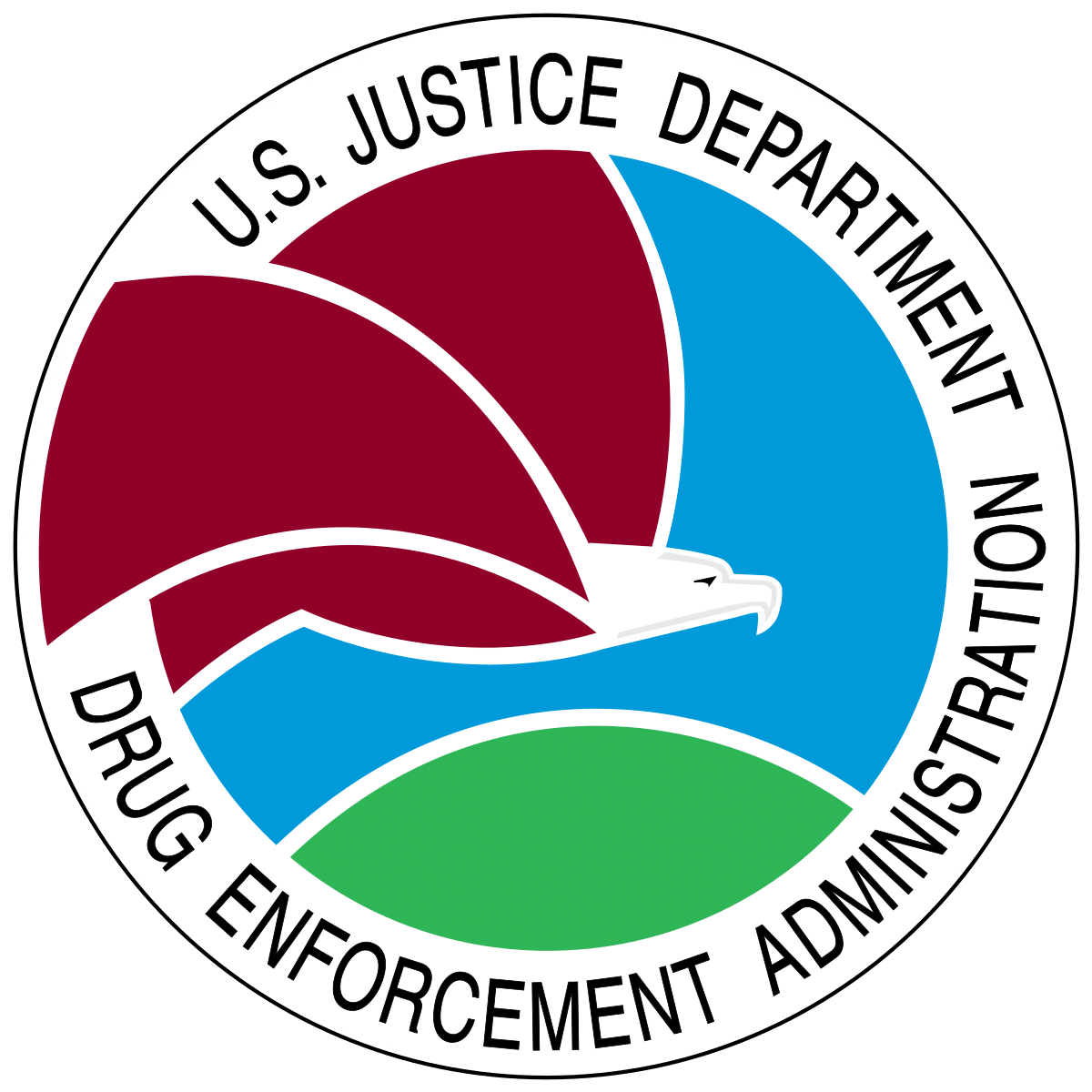
DEA Investigation
Protecting Your Rights: The Role of a Skilled Drug Enforcement Administration Investigation Defense Attorney
DOJ Investigation
Unveiling the Secrets: How DOJ Investigation Defense Attorney Heath Hyde Can Help You Safeguard Your Rights

EPA Investigation
Protecting the Environment: Unveiling the Role of a Defense Attorney in EPA Investigations
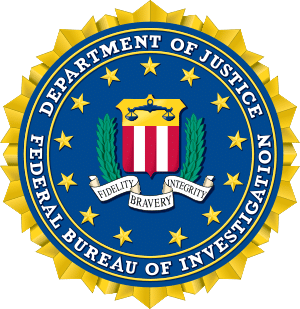
FBI Investigation
Unveiling the Legal Strategies: How FBI Investigation Defense Attorney Heath Hyde Protects Your Rights

Fish And Wildlife Investigation
Protecting Your Rights: Unveiling the Fish and Wildlife Service Investigation Defense with Attorney Heath Hyde

HHS Investigation
Navigating the Complexities: How a Health and Human Services Investigation Defense Attorney Like Heath Hyde Can Protect Your Interests

HSI Investigation
Unveiling the Expertise of HSI Investigation Defense Attorney Heath Hyde: Your Best Defense Against Government Allegations
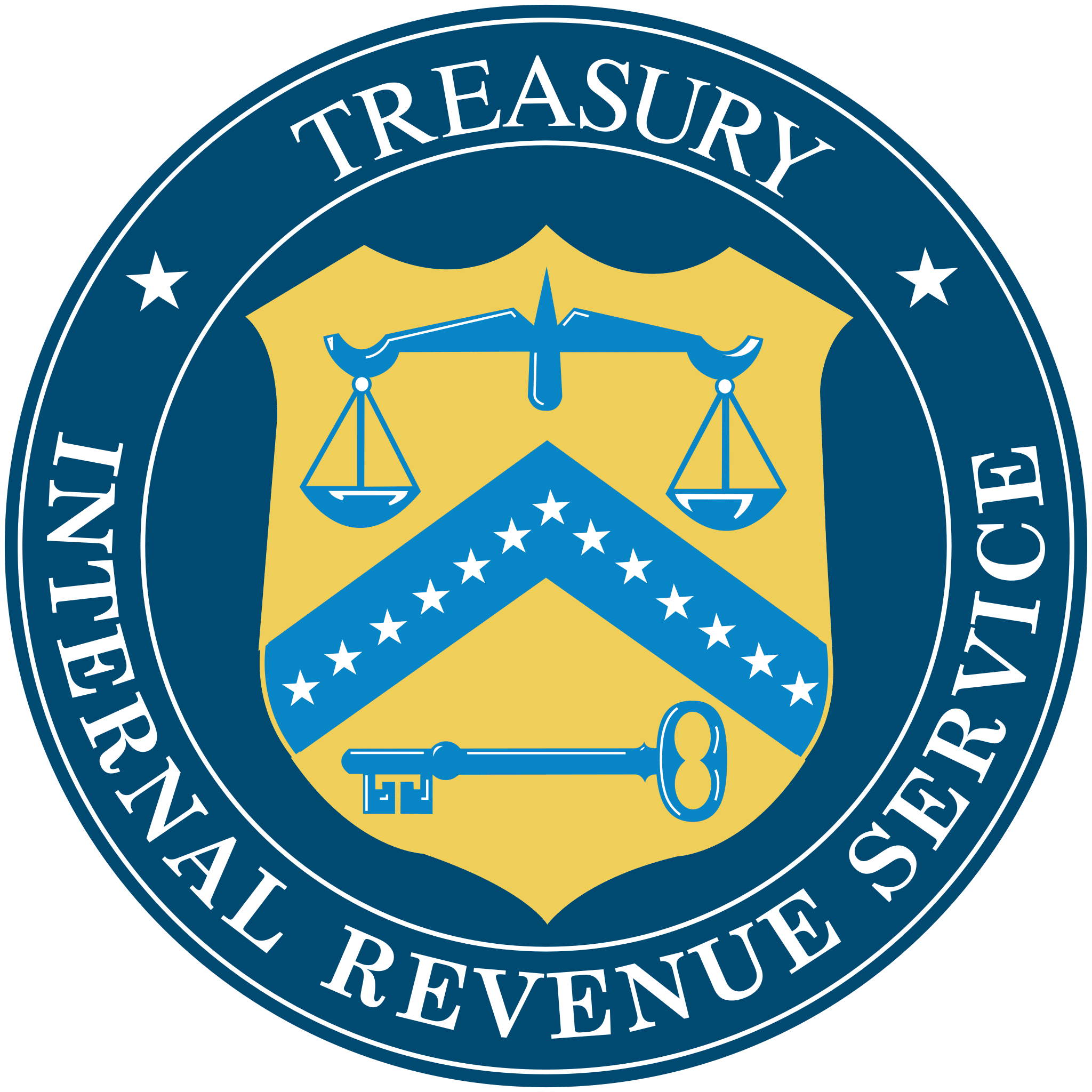
IRS Criminal Investigation
Protecting Your Rights: Unveiling the Expertise of IRS Criminal Investigation Defense Attorney Heath Hyde
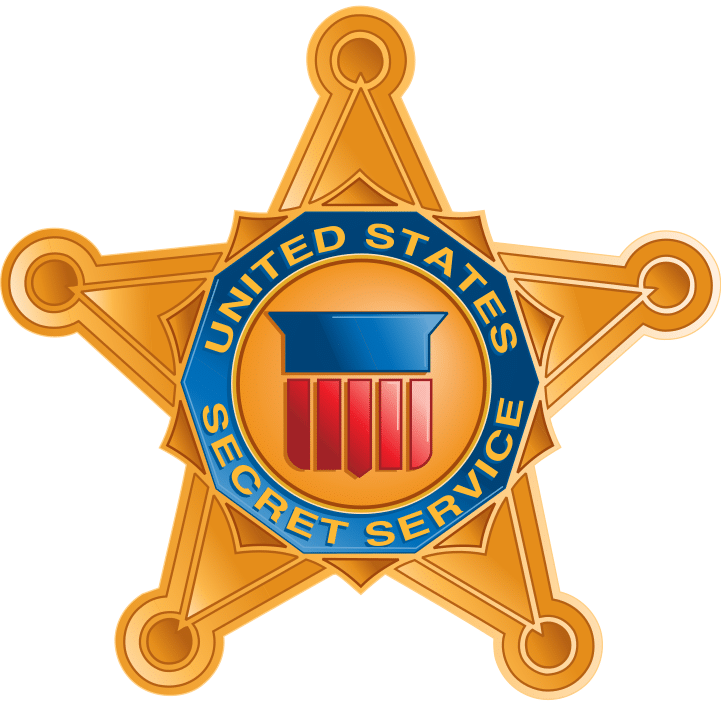
US Secret Service Investigation
Unraveling the Intricacies: A Closer Look at U.S. Secret Service Investigation Defense with Attorney Heath Hyde
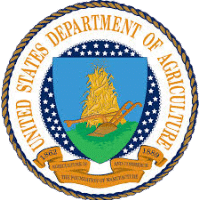
USDA Investigation
Protecting Your Business: The Vital Role of a USDA Investigation Defense Attorney - Meet Heath Hyde
USPIS Investigation
Defending Your Rights: Meet Heath Hyde, the Top U.S. Postal Inspection Service Investigation Defense Attorney
Top Rated
Named 100 Top Trial Lawyers in the United States & “Rising Star” in Dallas’s D Magazine
Results Focused
Tried The Largest Healthcare Fraud Case to go to trial in the United States
Experienced
10 Years Asst. DA & handled federal cases nationwide & represented clients in 53 different counties in Texas
Connected
Connected with a team of specialists that can handle any criminal issue throughout the country – no matter the size

